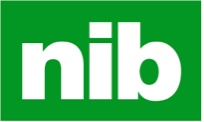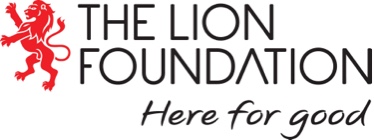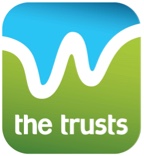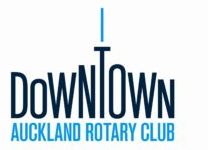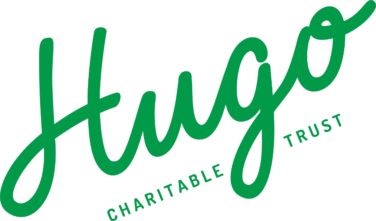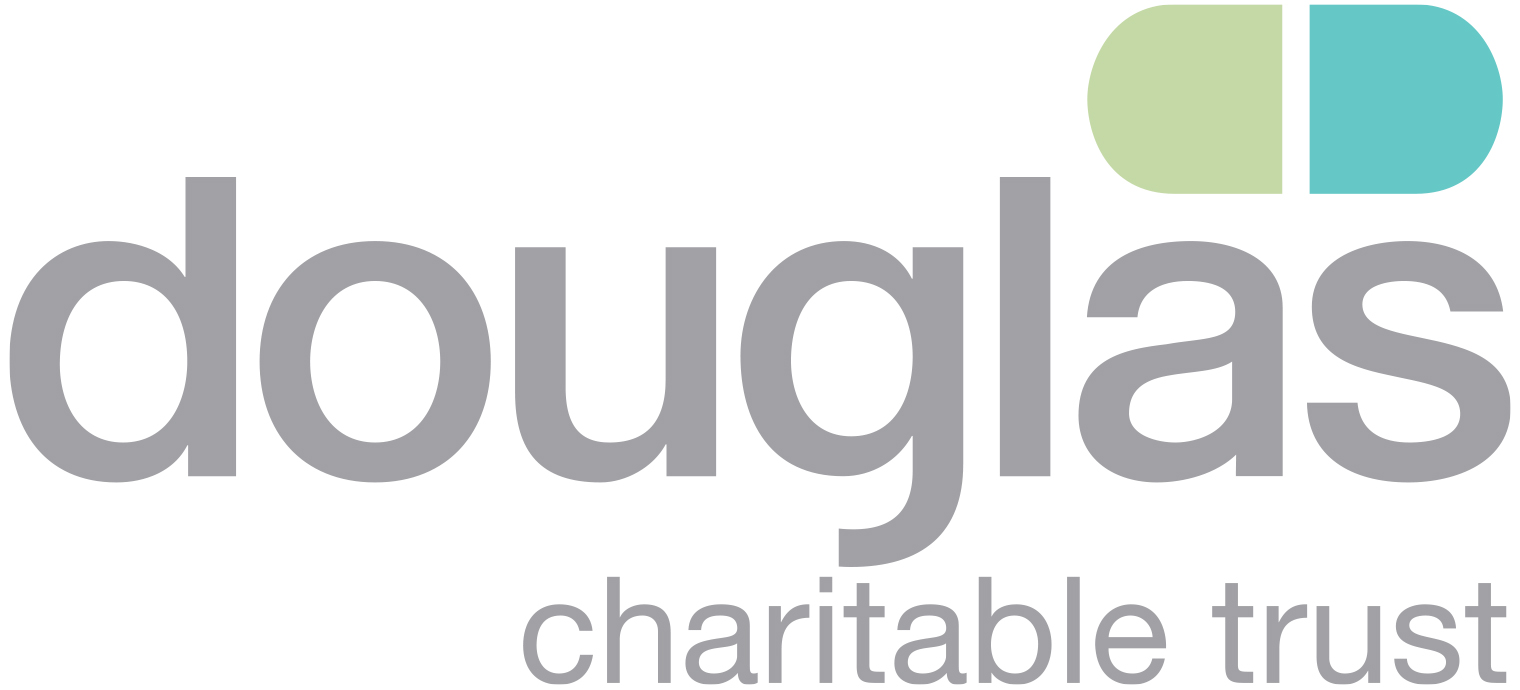Niho kura – Oral health for tamariki
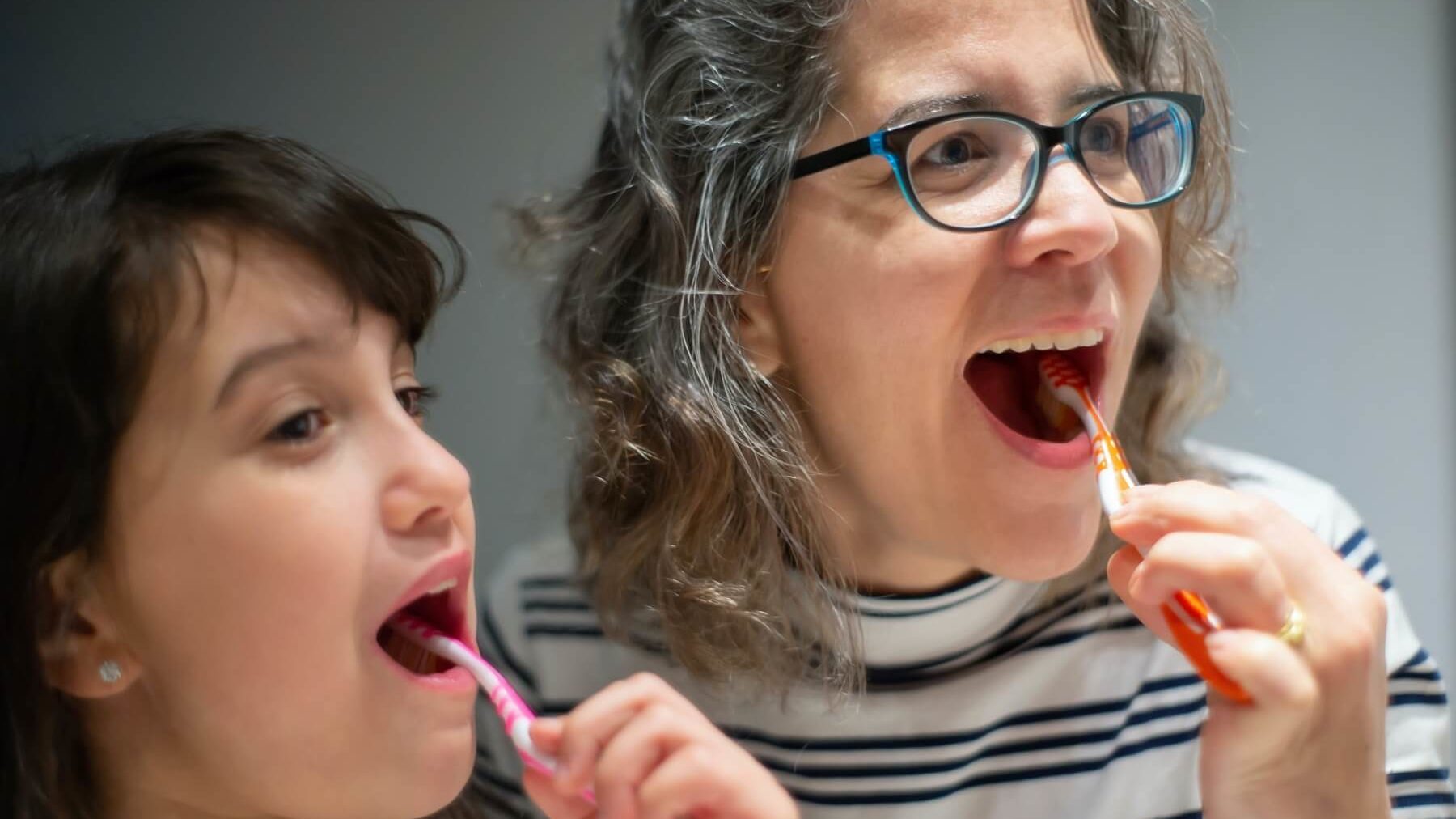

By contrast, poor oral health and dental decay at an early age can significantly affect physical, psychological and social development, leaving children susceptible to poor oral and general health throughout their lives. Dental caries is one of the most common chronic diseases to affect children in New Zealand and the problem is getting worse.
The Niho Kura pilot, is based on the Scottish Childsmile programme and delivered initially in Kura Kaupapa, Kōhanga Reo and other priority schools and early childhood centres in West Auckland. The programme was developed in partnership with whānau, schools and the community, focusing on innovative ways of delivering oral health information and an effective model of care. It has been designed to reduce oral health inequities in children.
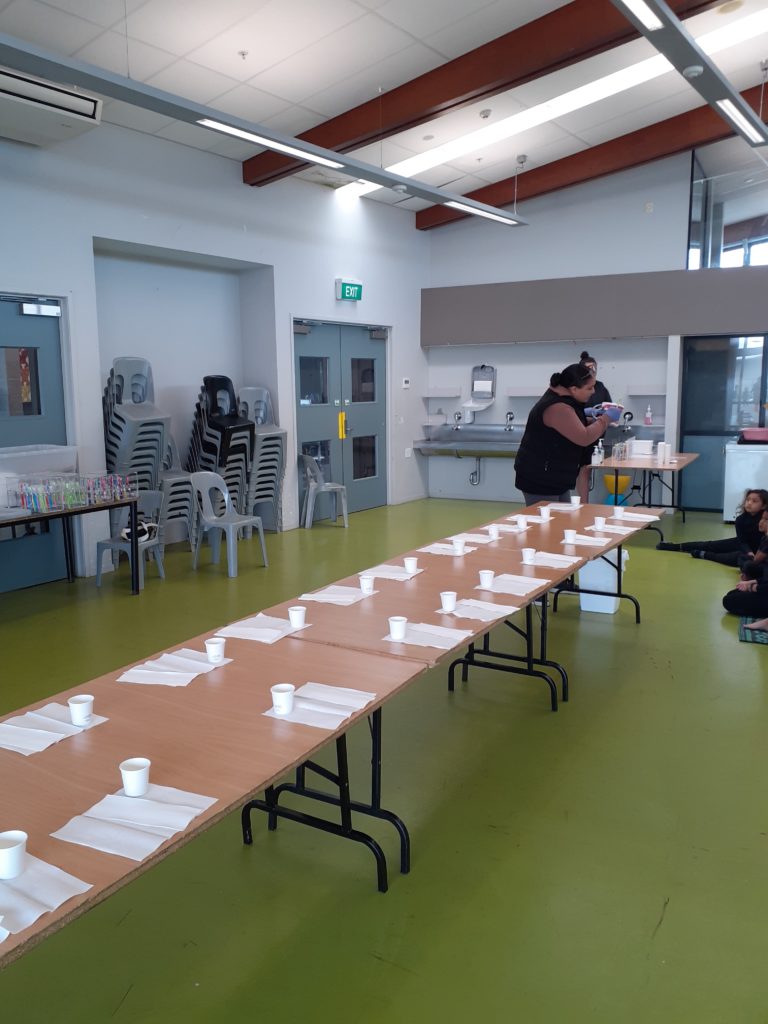
Niho Kura is a daily supervised tooth brushing and fluoride application programme. It is an evidence based approach, informed and underpinned by Mātauranga Māori. The programme includes the following targeted elements:
Providing daily supervised tooth brushing at Kura, Kōhanga reo, the Niho Kura team guide tamariki to learn how to brush effectively. They also further support whānau to brush at home as well. The team doesn’t always start with the whole Kura. They can start with one or two classes/groups and build up to include everyone as they work through the logistics. This is discussed with Kura the planning stages.
Each education centre provides teacher aides/kaiawhina to undertake the brushing. The Niho Kura team trains them using a train the trainer model, remaining with them for 4-5 days to ensure the learning is embedded and the sessions follow the recommended infection prevention control aspects.
Throughout the programme there is a particular focus on the development of innovative ways of delivering oral health promotion messages that engage whānau and tamariki, supporting their overall wellness. The Niho Kura team’s goal is to move away from the traditional oral health messaging. Building resilience, enabling autonomy and providing choices are the themes for education within the programme.
Although tooth brushing is such a small and simple task, for many whānau there are complexities that impact the ability to undertake brushing in the home. In 2010 MOH studies showed only 42% of tamariki in NZ brushed twice a day. Engagement with whānau is via panui, whānau hui, interaction at Kura, Kōhanga reo and directly to obtain consent and explain clinical treatments. The team also provide resources for whānau to use at home.
It is an exciting opportunity to be able to focus on more preventive treatment, taking a different approach to the traditional oral health promotion methods so the team can be more responsive to our West Auckland community’s needs. The aim of the Niho Kura team is to prove the efficacy of the programme and have it extended to all areas of Auckland, and eventually New Zealand. The programme is a great initiative with the ability to make a big difference for our tamariki.

Niho Kura mahi iti, hua nui
Small task huge benefits
Small changes make a big difference
Using fluoridated toothpaste
Learning how to brush teeth effectively
Niho Kura I te ata, Niho Kura I te pō
Learning Day and Night
Brushing teeth twice a day
Niho Kura akomanga rau
Many learning spaces
Brushing teeth at kura will support brushing at home
Whānau can support a child’s learning
Niho Kura Tātai whakapapa e
Past, present and future connections
Because supporting you means supporting your whānau
Doing our best now, so we can do the best for your future
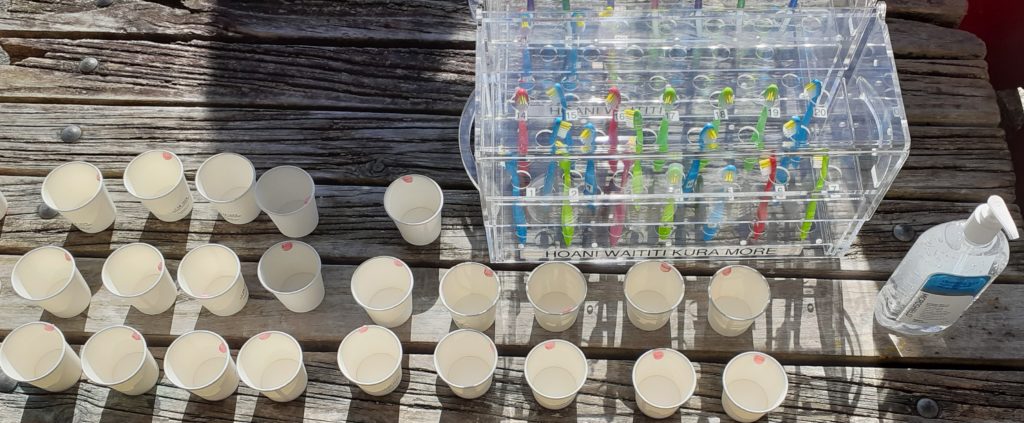
The programme has built a number of successful partnerships, primarily between the ARDS and the West Auckland community. The ARDS outreach team, including an Oral Health Therapist (OHT) and Dental Assistant (DA), have utilised a dental van to provide examinations and full treatment needs along with fluoride applications. This has been very well received throughout the community as both the OHT and DA are fluent in Te reo Māori, and this partnership has postively ensured that there is regular oral care provided to these priority schools and kindergartens.
Many of the pre-school patients were registered but not enrolled for services before, now all of the 189 students are enrolled with the Auckland Regional Dental Service to receive both preventive and restorative treatments. This cohort of patients/schools have not historically been prioritised over and above others, even though they represent the higher needs groups within our communities. They are now benefiting from the focus being specifically directed to their dental needs and a strong preventive programme being provided.
Although the delivery of the programme was affected by circumstances such as covid and weather events, the programme is now seeing increased engagement, improved communication and more consistent services being offered to priority schools.
Relationships between the Special Oral Health Services and Kura Kaupapa and Kōhanga reo within the West Auckland area have never been better, attributable in part to the programme being developed with a Te Ao Māori approach and Niho Kura’s commitment to the intent of Te Tiriti o Waitangi.
The programme is proving to be a catalyst to the building of trust and communication between ARDS and our community; enhancing oral health services for West Auckland.
Well Foundation will share the final outcomes of the pilot evaluation upon the completion of the programme.
Our impact is only made possible through the following incredibly generous organisations:

